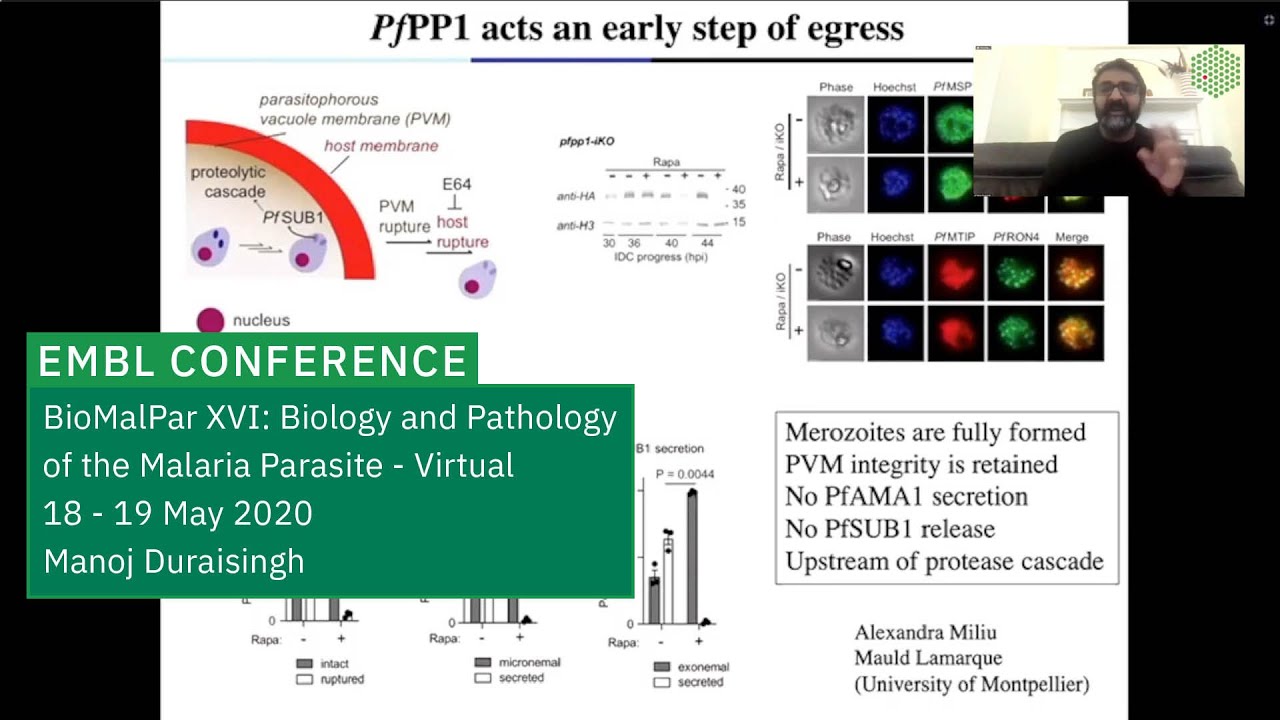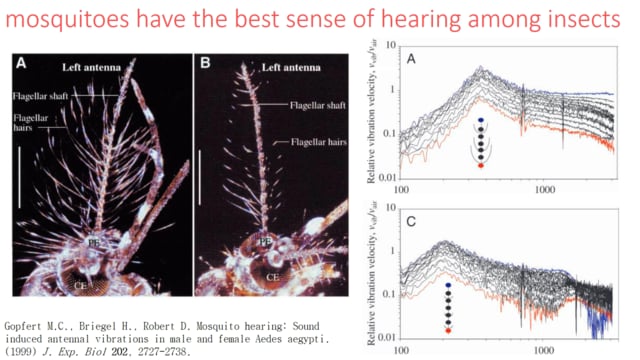Warning: Undefined array key "file" in /var/www/vhosts/gestortectic.com/mesa.gestortectic.com/wp-content/plugins/fulltext-search/includes/wpfts_querylog.php on line 520
Warning: Undefined array key "file" in /var/www/vhosts/gestortectic.com/mesa.gestortectic.com/wp-content/plugins/fulltext-search/includes/wpfts_querylog.php on line 520
Warning: Undefined array key "file" in /var/www/vhosts/gestortectic.com/mesa.gestortectic.com/wp-content/plugins/fulltext-search/includes/wpfts_querylog.php on line 520
Warning: Undefined array key "file" in /var/www/vhosts/gestortectic.com/mesa.gestortectic.com/wp-content/plugins/fulltext-search/includes/wpfts_querylog.php on line 520
Warning: Undefined array key "file" in /var/www/vhosts/gestortectic.com/mesa.gestortectic.com/wp-content/plugins/fulltext-search/includes/wpfts_querylog.php on line 520
Warning: Undefined array key "file" in /var/www/vhosts/gestortectic.com/mesa.gestortectic.com/wp-content/plugins/fulltext-search/includes/wpfts_querylog.php on line 520
Warning: Undefined array key "file" in /var/www/vhosts/gestortectic.com/mesa.gestortectic.com/wp-content/plugins/fulltext-search/includes/wpfts_querylog.php on line 520
Warning: Undefined array key "file" in /var/www/vhosts/gestortectic.com/mesa.gestortectic.com/wp-content/plugins/fulltext-search/includes/wpfts_querylog.php on line 520
Warning: Undefined array key "file" in /var/www/vhosts/gestortectic.com/mesa.gestortectic.com/wp-content/plugins/fulltext-search/includes/wpfts_querylog.php on line 520
Warning: Undefined array key "file" in /var/www/vhosts/gestortectic.com/mesa.gestortectic.com/wp-content/plugins/fulltext-search/includes/wpfts_querylog.php on line 520
Warning: Undefined array key "file" in /var/www/vhosts/gestortectic.com/mesa.gestortectic.com/wp-content/plugins/fulltext-search/includes/wpfts_querylog.php on line 520
Warning: Undefined array key "file" in /var/www/vhosts/gestortectic.com/mesa.gestortectic.com/wp-content/plugins/fulltext-search/includes/wpfts_querylog.php on line 520
Warning: Undefined array key "file" in /var/www/vhosts/gestortectic.com/mesa.gestortectic.com/wp-content/plugins/fulltext-search/includes/wpfts_querylog.php on line 520
Warning: Undefined array key "file" in /var/www/vhosts/gestortectic.com/mesa.gestortectic.com/wp-content/plugins/fulltext-search/includes/wpfts_querylog.php on line 520
Warning: Undefined array key "file" in /var/www/vhosts/gestortectic.com/mesa.gestortectic.com/wp-content/plugins/fulltext-search/includes/wpfts_querylog.php on line 520
Warning: Undefined array key "file" in /var/www/vhosts/gestortectic.com/mesa.gestortectic.com/wp-content/plugins/fulltext-search/includes/wpfts_querylog.php on line 520
Warning: Undefined array key "file" in /var/www/vhosts/gestortectic.com/mesa.gestortectic.com/wp-content/plugins/fulltext-search/includes/wpfts_querylog.php on line 520
Warning: Undefined array key "file" in /var/www/vhosts/gestortectic.com/mesa.gestortectic.com/wp-content/plugins/fulltext-search/includes/wpfts_querylog.php on line 520
Warning: Undefined array key "file" in /var/www/vhosts/gestortectic.com/mesa.gestortectic.com/wp-content/plugins/fulltext-search/includes/wpfts_querylog.php on line 520
Warning: Undefined array key "file" in /var/www/vhosts/gestortectic.com/mesa.gestortectic.com/wp-content/plugins/fulltext-search/includes/wpfts_querylog.php on line 520
Last Updated: 03/08/2023
Studies of GPCR-like PfSR12 signal transduction mechanisms in mammalian cells and in Plasmodium falciparum
Objectives
To characterize the signal transduction mechanisms of the GPCR-like PfSR12 in mammalian cells and Plasmodium falciparum.
Specific objectives:
- To perform site-directed transfection/mutagenesis of PfSR12 in HEK293 cells.
- To analyze the temporal dynamics of PfSR12 activation and deactivation through transient expression of PfSR12 and identify the cell signaling involved.
- To identify how thrombin activates cells transfected with PfSR12.
- To characterize PfSR12 interactions using immunoprecipitation and identify activation/desensitization dynamics.
The World Health Organization (WHO) estimates that, in the year 2020 alone, more than 240 million people were affected by malaria worldwide and 627,000 died. Malaria is caused by protozoa of the genus Plasmodium and the species Plasmodium falciparum is responsible for the most severe form of the disease. As Plasmodium is resistant to several drugs, understanding aspects of the parasite-host interaction is essential and can contribute to new ways to combat the disease. These parasites have a complex life cycle; they alternately infect vertebrate hosts and female Anopheles mosquitoes. In humans, the asexual cycle of P. falciparum begins with the bite of the female Anopheles mosquito, which injects sporozoites together with the saliva. Plasmodium can detect the concentrations of different metabolites and physiological signals (melatonin, extracellular ATP, tumor necrosis factor, lysophosphatidylcholine, etc.) present in the host’s bloodstream and use them to regulate its cell cycle processes. The work proposal is that this external communication with the different host molecules occurs through the G protein-coupled receptors (GPCR-like): PfSR1, PfSR10, PfSR12, and PfSR25. In this way, GPCRs add a new level of complexity to the Plasmodium-host interaction and give a unique perspective to the functioning of the signaling systems of these parasites. While small molecules activate some GPCRs, protease-activated receptors (PAR) are a class of membrane proteins that are irreversibly activated by proteases such as a Thrombin. The PAR activation mechanism is highly diverse, expanding the variety of signals and pathways that the same receptor can activate. Due to the large number of interactions that can be established between PAR-like receptors and other molecules that participate in signal transduction and the different functions that these signals can assume, PAR receptors are promising, albeit neglected, targets for the treatment of a wide range of diseases. The development of drugs that affect a PAR receptor and the points of crosstalk between PAR and other proteins may reveal a new range of ways to interfere with physiological processes. It has already been shown that PfSR12 has a predicted signal peptide and seven transmembrane domains, being described as a probable serpentine receptor. Furthermore, because it has a homology with mammalian receptors related to vascular restenosis-associated thickening, PfSR12 is believed to be a candidate for PAR receptors. Considering the scarcity of data in the scientific literature on the GPCR-like PfSR12 and that this is a potential target for the development of antimalarials, this work sets to characterize the signal transduction mechanisms of the GPCR-like PfSR12 in mammalian cells and Plasmodium falciparum.
Apr 2022 — Dec 2022


